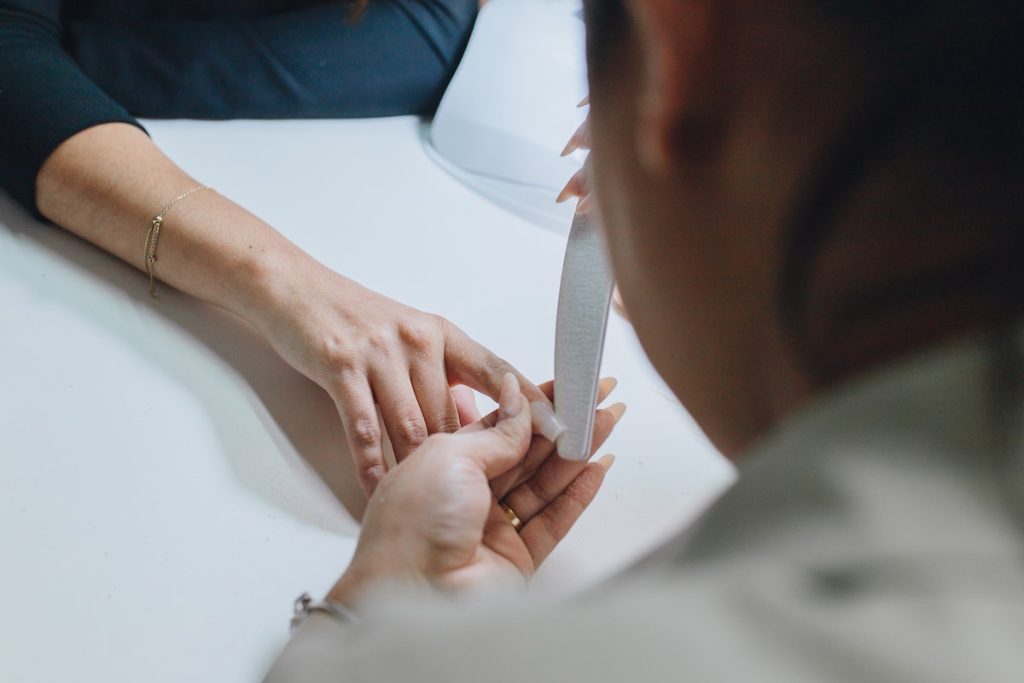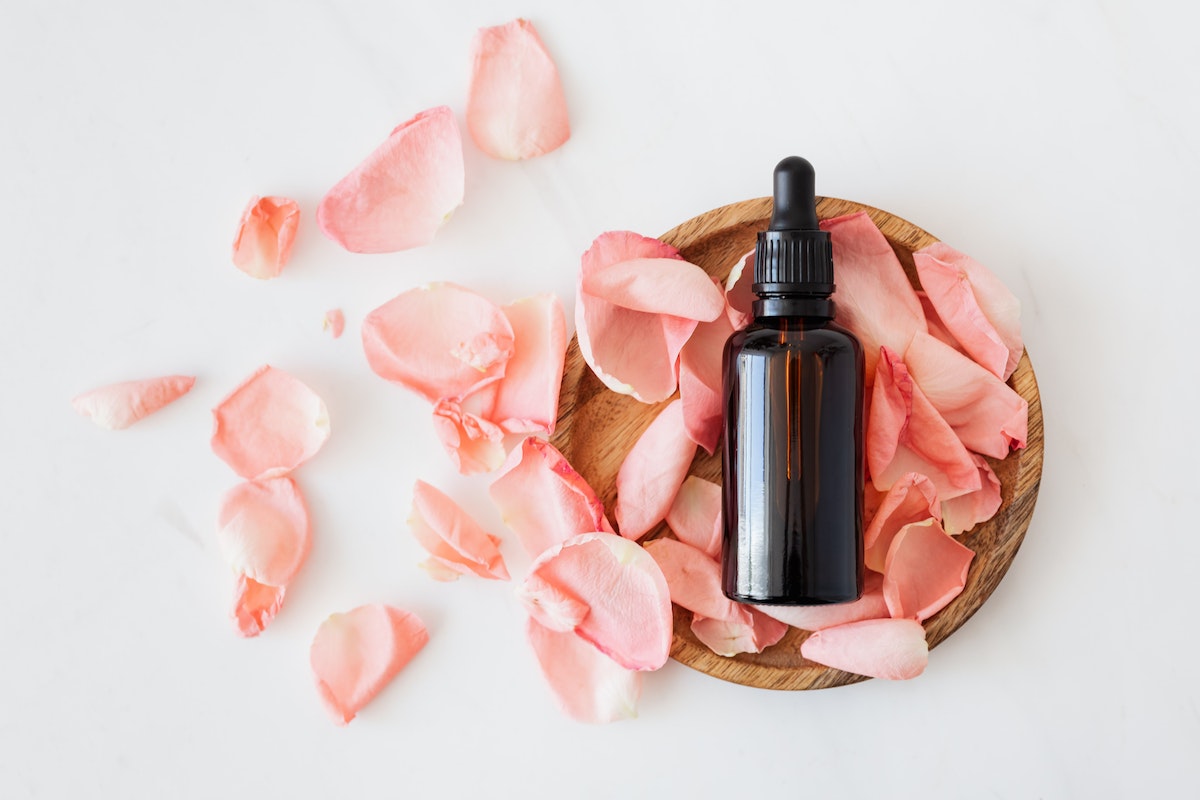• Good nail hygiene is important for overall health and helps to prevent infection, injury, and unhealthy habits like nail biting.
• Properly caring for nails requires regular trimming, filing, and hydrating the nails with a good quality moisturizer.
• Discoloration, brittle nails, and white spots can be signs of poor nail hygiene or an underlying health issue.
• Wearing gloves when working with harsh chemicals and regular nail trimming are all important for good nail hygiene habits.
Chances are you take care of your nails with an occasional manicure or frequent nail cutting and filing. But did you know that nail hygiene is more than just keeping your nails looking nice? Properly taking care of your nails also helps to keep them healthy.
Why Good Nail Hygiene Matters
Your fingernails can tell a lot about the state of your health. Here are some of the important reasons why maintaining good nail hygiene is important:
Preventing Infection
Having long or dirt-filled nails can put you at risk of infection. This is especially true if your hands are exposed to a lot of moisture, such as when washing dishes or working in the garden. Bacteria and fungi can easily become trapped under long nails and cause an infection if not properly cared for. These may also transfer to other people if you have contact with them.
Preventing Injury
Keeping your nails trimmed and filed regularly can help prevent home injuries. Long, jagged nails are more prone to catching on things or getting caught in clothing or other objects. This could lead to an accident, such as a cut or scrape. Your nails may also experience more breakage if they are too long and experience frequent trauma.
Keeps You from Biting and Picking
Although you may be doing this unconsciously, it can weaken your nails and increase the risk of infection. Biting or picking at your nails can cause them to become weak and brittle. Not only does this look bad, but it can also increase the risk of infection. Keeping your nails trimmed regularly will make it more difficult for you to bite or pick at them, which can help prevent these unhealthy habits.
Signs of Poor Nail Hygiene
Certain signs can indicate poor nail hygiene. You may think these are normal, but they can indicate an underlying issue. These signs include:
Discoloration or Thickening of the Nails
If you notice that your nails are changing color or becoming thicker than normal, it could be a sign of infection. These changes often occur with fungal infections and can also be caused by certain medications or an underlying medical condition. This is common to those who frequently wear artificial nails.
Brittle Nails
Brittle nails could signify a lack of nutrients in your diet or exposure to harsh chemicals and detergents. Brittle nails can also be caused by nail biting, which can weaken the nails over time. Lack of moisture can also contribute to brittle nails. That’s why it’s important to keep them hydrated with regular moisturizing treatments.
White Spots on the Nails
White spots are usually caused by trauma to the nail bed, such as when you hit your nails against something or knock them on a hard surface. This can cause tiny air bubbles under the nail, eventually becoming visible as white spots. These usually heal on their own. However, if you notice the spots becoming bigger or more frequent, it may indicate an underlying health issue.
Practicing Good Nail Hygiene
There are some simple steps you can take to ensure good nail hygiene. These habits should not take long to develop and can help keep your nails healthy and strong:
- Trim your nails regularly. This helps prevent trauma to the nail bed, making them less likely to catch on things or get caught in clothing.
- Moisturize your nails often. This helps to keep them hydrated and prevent brittleness. Use a good quality moisturizer with vitamin E and other nourishing ingredients.
- Avoid biting or picking at your nails. You can trim them short, so it’s harder to bite them.
- Wear gloves when working with harsh chemicals and detergents. This will help protect your nails from exposure and prevent damage.
- See a doctor if you notice any changes in the color or texture of your nails. They can diagnose the problem and help you get back on track to healthier nails.
Good nail hygiene is just as important as taking care of the rest of your body. By following these simple steps, you can keep your nails healthy and strong and prevent any potential infections or injuries. And remember: it’s never too late to practice good nail hygiene!



